Navigating Corporate Insurance Options: Essential Coverage for Every Business

Introduction
Building a successful business requires careful planning and risk mitigation. Corporate insurance plays a critical role in this process, acting as a financial safeguard against unforeseen events.
This blog post is your roadmap to navigating the world of corporate insurance options. We’ll provide a clear overview of the different coverage types, empowering you to make informed decisions and chart a secure course for your business.
Understanding Corporate Insurance
What is Corporate Insurance?
Corporate insurance, also known as business insurance, is a comprehensive risk management tool designed to protect your company from financial losses arising from various unforeseen events. It acts as a financial shield, covering a wide range of potential issues and ensuring your business remains operational and resilient.
Why Does Your Business Need Insurance Coverage?
Several compelling reasons necessitate insurance coverage for businesses of all sizes:
- Financial Protection: Unexpected events like property damage from natural disasters, lawsuits from customer injuries, or cyberattacks can cripple your finances. Insurance helps absorb these costs, preventing devastating setbacks.
- Peace of Mind: Knowing you have a safety net in place allows you to focus on running your business with greater confidence.
- Legal Compliance: Depending on your industry and location, certain types of insurance, like workers’ compensation, might be mandatory by law. Having appropriate coverage ensures you comply with legal regulations and avoid potential penalties.
- Enhanced Credibility: Demonstrating a commitment to risk management through comprehensive insurance coverage can boost your company’s credibility in the eyes of clients, partners, and investors.
Types of Corporate Insurance Coverage
Corporate insurance offers a diverse arsenal of coverage options, each designed to address specific risks and vulnerabilities. Let’s explore some of the most common types of insurance that can fortify your business:
- Property Insurance: This policy acts as a shield for your physical assets, covering your buildings, equipment, and inventory in case of damage or destruction from fire, theft, natural disasters, or other covered perils.
- General Liability Insurance: Imagine facing a lawsuit from a customer who claims injury on your property. General liability insurance steps in to provide financial protection against these unforeseen events, covering legal costs and settlements arising from bodily injury or property damage caused by your business operations.
- Professional Liability Insurance (Errors & Omissions): For service-based businesses, corporate liability insurance acts as a safety net against claims of negligence. This coverage protects you from financial losses if a client alleges you made a mistake while delivering professional services.
- Workers’ Compensation Insurance: This critical coverage ensures the well-being of your employees and your business’s financial stability. Workers’ compensation provides medical benefits and lost wages to employees who suffer work-related injuries or illnesses. In many regions, having this insurance is mandatory for businesses with a certain number of employees.
- Business Interruption Insurance: Disruptions caused by fire, natural disasters, or even a power outage can severely impact your business operations. Business interruption insurance helps mitigate these financial losses by covering lost income and essential expenses incurred during such periods.
- Cyber Liability Insurance: Cyberattacks pose a significant threat to businesses. Cyber liability insurance safeguards your company from financial losses associated with data breaches, including legal costs, notification expenses, and credit monitoring for affected individuals.
Factors to Consider When Choosing Corporate Insurance
Choosing the right corporate insurance plan is crucial for safeguarding your business. Here are some key factors to consider when making this important decision:
- Risk Assessment: Conduct a thorough analysis of your business operations and potential vulnerabilities. This will help you identify the specific types of coverage your company truly needs. Consider factors like your industry, location, and the nature of your work
- Coverage Limits, Deductibles, and Premiums: Each insurance policy outlines its coverage limits, which specify the maximum amount the insurer will pay for a covered claim.Carefully evaluate these factors to ensure the coverage aligns with your needs and the costs fit your budget, the same is possible for corporate health insurance plans.
- Compare Quotes: Don’t limit yourself to the first offer you receive. Get quotes from various reputable insurance companies. This allows you to compare coverage options, deductibles, and premiums to find the most cost-effective and comprehensive plan for your business.
- Seek Professional Guidance: Consider consulting with an insurance broker or consultant. These professionals possess specialized knowledge of the corporate insurance landscape and can guide you through the selection process. They can help you tailor a plan that meets your specific needs and negotiate competitive rates on your behalf.
Tips for Securing Adequate Coverage
Having explored the various types of corporate insurance and the selection process, let’s look into some practical tips to ensure you secure adequate coverage for your business:
- Customization is Key: A one-size-fits-all approach doesn’t work for corporate insurance. Work with your insurance provider or broker to tailor a plan that specifically addresses your business’s unique risks and needs.
- Regular Review and Updates: Schedule regular reviews (at least annually) of your insurance policies to ensure they remain current with your evolving needs.
- Bundling for Efficiency: Many insurance companies offer bundled policies that combine multiple types of coverage into a single plan.
Conclusion
Corporate insurance isn’t optional – it’s a must-have for businesses. It shields your company from financial losses caused by unexpected events, keeping you operational and focused on growth.
Here’s the takeaway: Regularly review your insurance coverage. As your business changes, so should your protection plan. By prioritizing adequate insurance, you’re giving your business the tools it needs to weather any storm and achieve long-term success.

